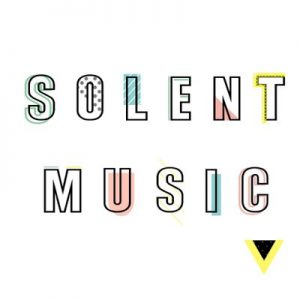The symposium seeks to explore current research and practice in a full range of sites and objects making up the “city as a very messy cultural archive” (Rao, 2009):
– Public museums and archives; private collections of photographs, ticket stubs, recordings or memorabilia; books, journalism, zines and other popular writing; maps, plans, policy documents and matters of public record; venues, performance spaces, architecture, infrastructure and the built environment; digitised artefacts, storage media and networked oral histories; record label catalogues and, of course, the lyrics, recorded and paratextual eleme nts of popular music itself
nts of popular music itself
– The growing set of motivations, methods, technologies and ethics of researching, documenting, storing, re-presenting and valuing these histories – and how these are positioned in different personal, professional, political, institutional and disciplinary contexts.
– The collective ownership and organisation of urban cultural memory – beyond issues of access and the “display value” of heritage (exhibitions, anniversary events, plaques, monuments, city-branding initiatives, etc): case studies of archival co-production/co-curation are particularly welcome.
The organizers invite researchers across the humanities and social sciences to share knowledge, methods and case studies that shed light on these intertwined histories. We welcome contributions from scholars of popular music and consumer culture more broadly, alongside non-music researchers engaged in studies of heritage, memory, museums, libraries and archives. This might include sociologists, ethnomusicologists, anthropologists, geographers, historians, urbanists and others working on issues of culture in communities, institutions, cities, regions and beyond.
Abstract submission (including title and short bio, max. 300 words) is open until Friday 1st March 2019.
More information here.

You must be logged in to post a comment.